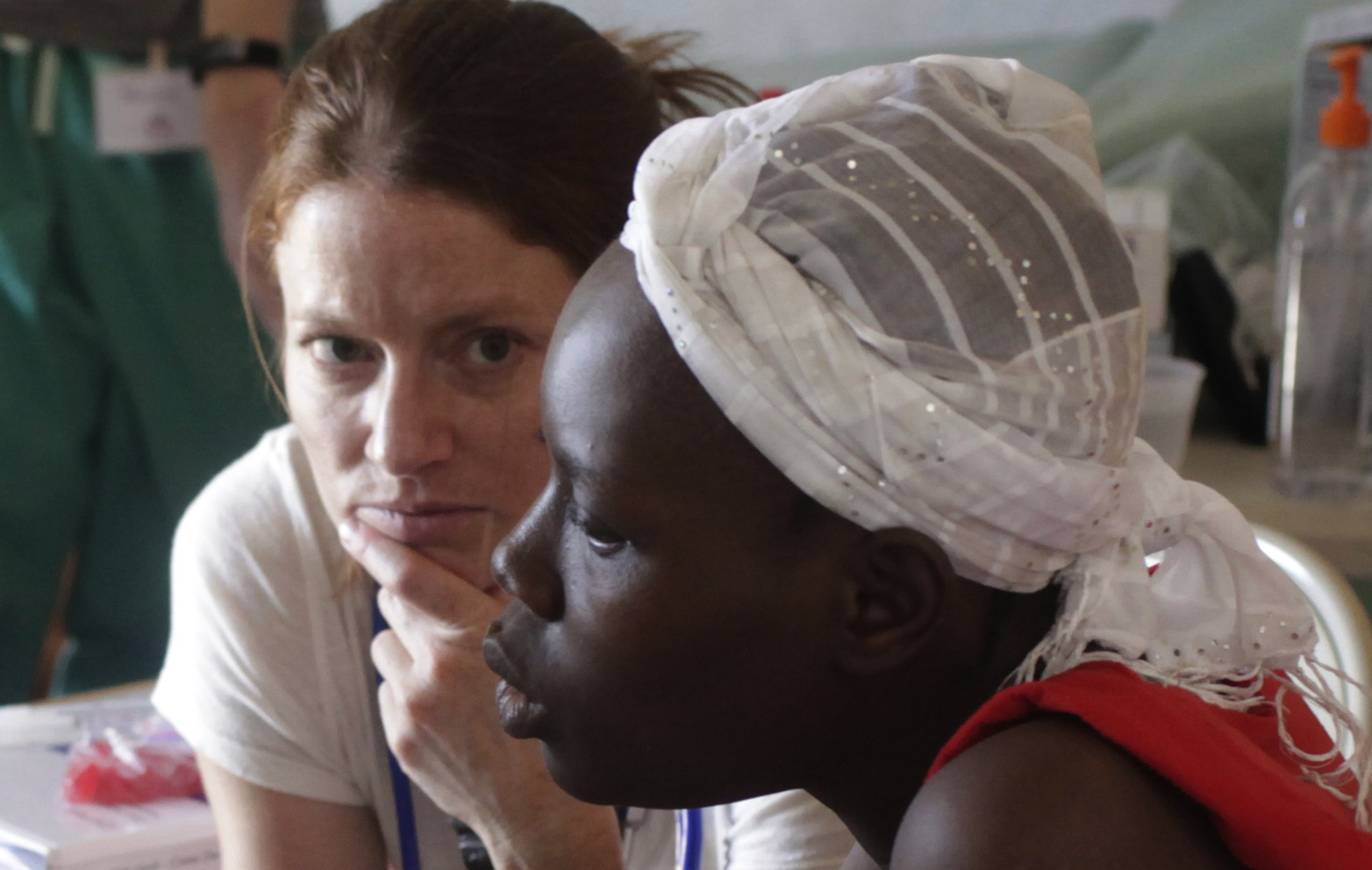
ARCAHAIE, HAITI — A Dr. Chris Kliethermes read through the health record of the woman in the orange blouse, who sat in front of him in the crowded clinic. Kliethermes raised a delicate subject: "So, you've had seven babies," he said. "Do you want more?"
The patient scrunched up her face as an interpreter relayed the question. "No," she replied.
"If you're not pregnant, would you be interested in birth control?" the doctor asked.
The woman said she had a bad reaction to a birth control shot, and she suspected she's allergic to the medicine. Kliethermes, who is doing an obstetrics residency in St. Louis and participated last month in a Haiti trip organized by an Iowa group, listened patiently to his patient's concerns. He told her that she might be more successful with birth control pills or an intrauterine device, which lasts up to five years.
The patient said no thanks, and the doctor moved on to another subject.
Many families here have numerous children, some of whom become malnourished or die because of problems related to poverty. Haiti's birth rate has been declining since the early 1980s, when it was about 42 babies per 1,000 people, according to the World Bank. It now stands at about 24 per 1,000. That's still much higher than the U.S. rate of about 14, but it seems to indicate an openness to the idea of family planning.
But the issue of birth control remains touchy for American medical teams.
"We don't want to come in here and get the reputation that we're pushing it" so that Haitians will have fewer babies, said Dr. Ginny Ryan Buresh, a University of Iowa obstetrician who took part in last month's trip here. Buresh, who is married to group leader Dr. Chris Buresh, said most women she's seen here are willing to talk about birth control, but many balk at the specific methods.
Buresh said many young women hesitate to speak about the subject, probably because they were raised in conservative Christian families and don't want to admit they're having premarital sex.
Social scientists have long noted that birth rates tend to fall as countries' economies improve. They've speculated that extremely poor people tend to have lots of children because they want to ensure enough will survive to support the parents in later decades. Those concerns purportedly ease as infant mortality declines and adults have more assurance they'll have some money to live on when they're old.
Laurent Dubois, a Duke University professor who writes extensively about Haiti, noted that the theories are unproven. "People are still trying to figure out if wealth creates smaller families or vice versa," he said.
Buresh said she hopes that as the Iowa team cements itself as a regular presence in the area, more women will be comfortable talking with the doctors about birth control. The group gave out 36 sets of birth control pills and installed seven intrauterine devices over five days of public clinics last month.
Buresh said several women told her they'd received three-month birth control shots from other agencies, and she's considering adding that option to the Iowa group's offerings.
The doctors warn women that birth control pills, shots and devices don't protect against sexually transmitted diseases, such as AIDS, syphilis, chlamydia and gonorrhea. For that, couples should use condoms, the doctors say. But the women said most men here don't like to use condoms.
Buresh is hesitant to judge Haitians' attitudes toward birth control. "Remember," she said, "50 percent of U.S. births are unintended."



